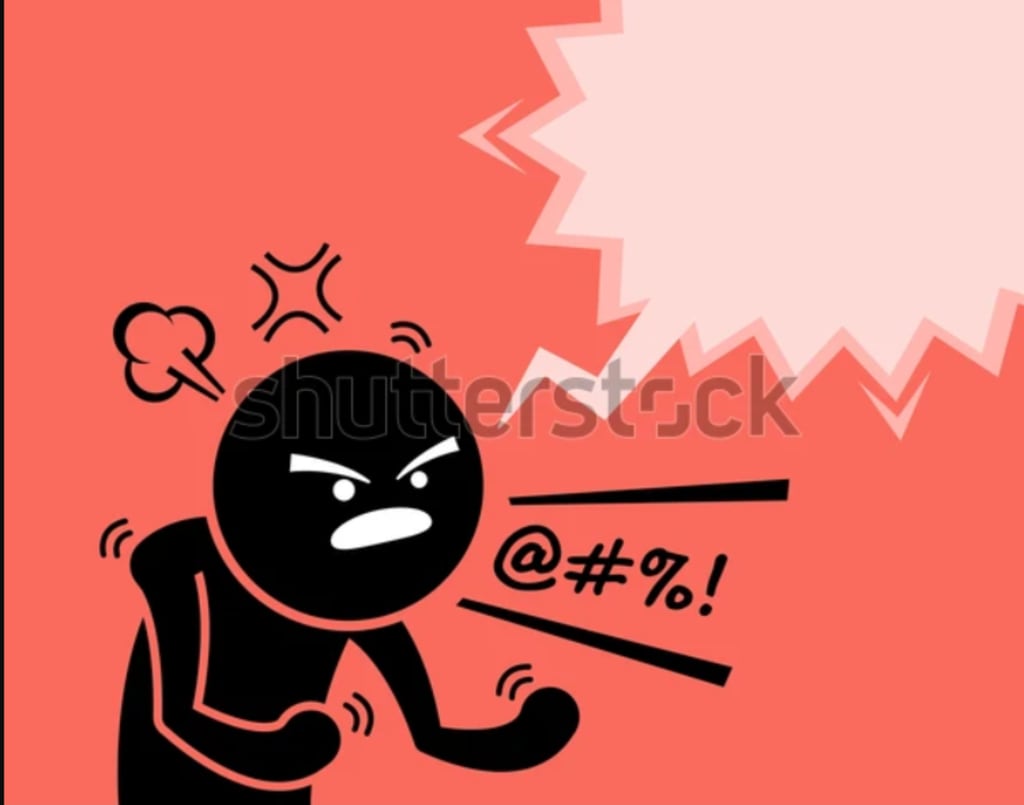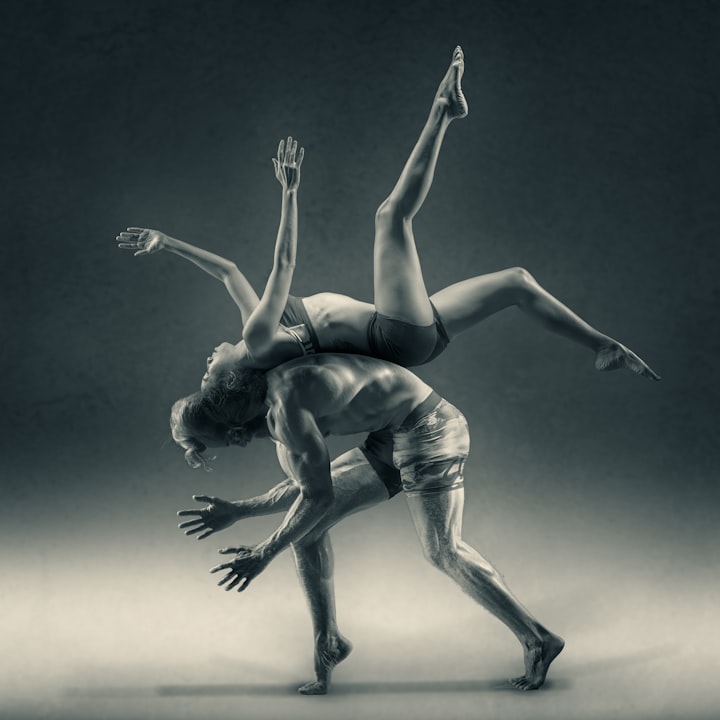Why Are We Still Doing This?
On the bizarre cult of treating male violence as a personal problem

Growing up, I often heard the expression “woman beater”. It was said of certain neighbours or of other men my family knew. The frequency with which it was used was, on reflection, concerning. What has become as worrying, with time, is the fact that it was the tip of a euphemistic blade that hid so much more. The expression, which described the cold, hard fact that a man physically abused women, was the closest anyone came to the truth. More often than not, when the adults in my life spoke of these men, they would sanitise the violence. Whether for their own benefit or that of the perpetrators, I don’t know. Tom down the road “knocked his wife about”; Dick would “come home and give his wife a slap”; Harry's wife would occasionally “wake up black and blue”, as if she were a tie-dyed shirt that had simply changed colour overnight. Nobody, of course, did anything about it. It didn’t occur to me until recently that society, or at least the one in which I grew up, had been so willing to adapt its vocabulary to male violence.
How can we begin to confront a problem so embedded that we’ve shaped our language around it? As with so many of the deep-rooted issues in life, it’s easier for the majority to pretend that certain individuals are simply prone to violence and should be avoided, or placated, than to accept that they are at the extreme end of a behavioural pattern encouraged by society. Naturally, some individuals are more aggressive, and many people have fought against the patriarchal and misogynistic excuses that society so readily provides. But we can't deny the role of our embarrassed silence or looking the other way.
I grew up in the 90s, a decade of supposed sexual liberation and the rise of the “ladette”. Elements of my home life were still deeply misogynistic. One 6ft-tall, aggressive element in particular. I thought at the time that I was merely unlucky, that I’d had the misfortune to be born into a family where someone had a bad temper. As I grew older, I noticed that this terrible, supposedly uncontrollable rage could be kept in check on occasion. How wonderful! The person in question didn’t unleash it on men, or attractive women who weren’t my mother. What could I learn from this?
I adapted my behaviour accordingly. I learnt all the cues and triggers. I simply performed all the domestic chores that would cause trouble if left undone, in silence and with a hammering heart lest it was detected that the “wrong” person had done them. I kept my younger siblings in line, resolving their disputes in hushed tones and with promises that I’d repay them tomorrow if they just kept the peace tonight. Once, when I’d snuck downstairs after bedtime to retrieve something (I can’t remember what, but it must have been mightily important) that I’d forgotten, I folded myself into a cupboard to avoid detection when I heard someone say they thought they'd heard a child out of bed. How clever I thought I was. Now I realise how ludicrous it was that I felt the need to do that.
I took this behaviour into adulthood, making myself attractive, simpering and placating. I have an overwhelming desire to people-please and keep the peace, even if it means silencing my instincts. It took meeting my partner and being shown real love from someone who hadn’t been brought up under the fear of an adult's temper to open my eyes.
Giving birth to my daughter has dramatically shifted the way in which I view my childhood experiences. No longer do I see myself as a clever peacekeeper who knew how to talk my way out of tricky situations. I recognise myself as a desperate child trying to protect myself, my mother and my siblings. From what? An outlier in society, pushed to the brink by the pressure of providing for a family and forces beyond their control? (The reasons that this person gave, with a shrug, when confronted recently). No. From somebody enabled by society’s attitude towards women and children. I’m now the breadwinner in my family. The stress of providing a living for a family is real and something that needs to be recognised, but it’s not an excuse for violence, be that emotional, physical or otherwise.
We, as a society, need to recognise the harm we do when we pretend that abusers are anomalies. Of course, there are men who would never dream of mistreating others, just as there are women who are abusive and cruel. I'm not pretending that there aren't. But there is a definite tendency to consider cases of male aggression in isolation and not reflect on the societal standards that enable them. These people operate on, and are encouraged by, the assumption that their behaviour arises merely from the provocation of others, the influence of factors like alcohol, or, less frequently, inescapable flaws in their character. How often will an abuser wait until they're not in public to unleash the punishment that they deem necessary for what they consider disrespect? How many more supposed insults can they bear when the perceived perpetrator is bigger, stronger or just as male as they are?
Yes, those who are responsible for the worst abuse are at the extreme end of violence, but they are enabled by the attitudes that still prevail about “good” and “bad” behaviour from women and children. We still spend more time talking about what victims can do to keep themselves safe than we do considering the attitudes that mean so many men unleash their rage on those they see as weaker than themselves. We won’t get anywhere if we don’t recognise the harm we do when we collectively close our eyes to the problem. We need to talk about why we’re still doing this.
About the Creator
Madeleine Norton
Fiction writer with some non-fiction opinions. Writing often about that funny old thing called grief. Also trying to represent the wonderful, and often woeful, world of LGBTQ+ love.
https://twitter.com/Madeleine_Nort






Comments
There are no comments for this story
Be the first to respond and start the conversation.